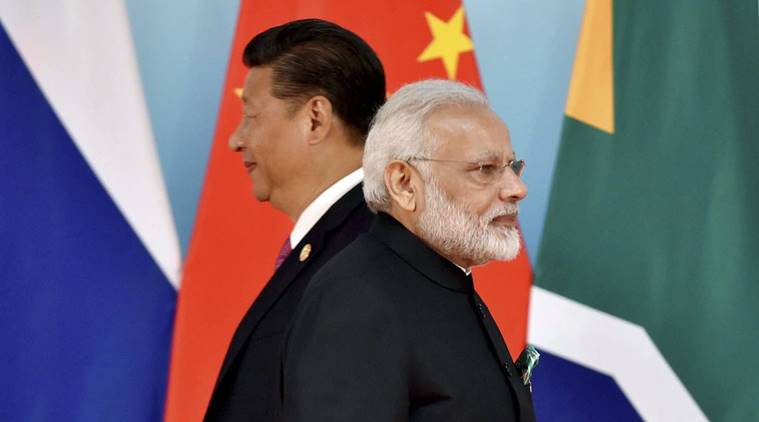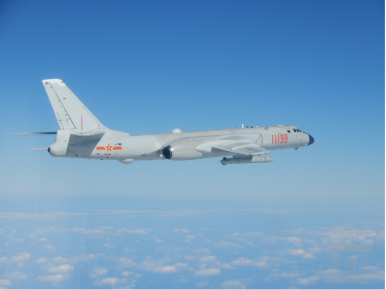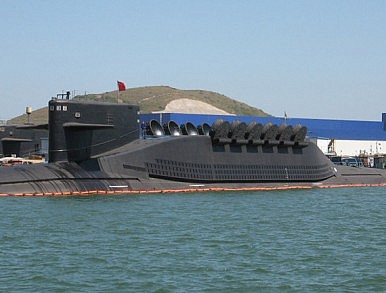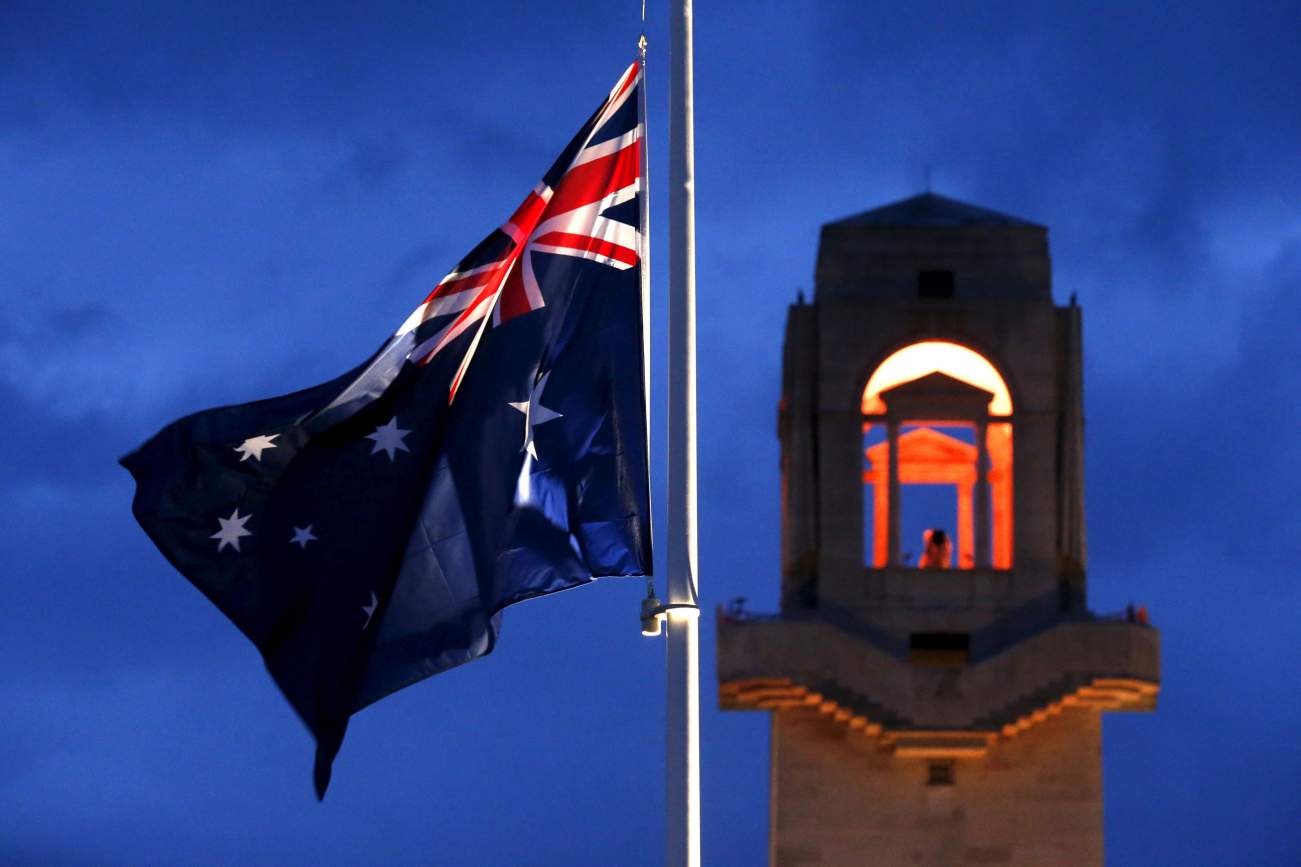by Sushant Singh
 Extensive exercises by the People’s Liberation Army Air Force (PLAAF), the Chinese air force, in the Tibet Autonomous Region (TAR) across the disputed Line of Actual Control (LAC), and enhancement of Chinese aviation infrastructure in the region, have prompted the Indian Air Force (IAF) to activate plans for greater deterrence in the eastern sector, including deployment of six units of the Akash missile system. For the contentious eastern border with China, the IAF also plans to deploy a squadron each of Chinook and Apache helicopters, besides the Russian S-400 missile system and a squadron of the Rafale fighter aircraft.
Extensive exercises by the People’s Liberation Army Air Force (PLAAF), the Chinese air force, in the Tibet Autonomous Region (TAR) across the disputed Line of Actual Control (LAC), and enhancement of Chinese aviation infrastructure in the region, have prompted the Indian Air Force (IAF) to activate plans for greater deterrence in the eastern sector, including deployment of six units of the Akash missile system. For the contentious eastern border with China, the IAF also plans to deploy a squadron each of Chinook and Apache helicopters, besides the Russian S-400 missile system and a squadron of the Rafale fighter aircraft.
While the induction of Chinook and Apache helicopters is scheduled to be completed by 2020, the S-400 air defence missile system and Rafale fighter jets will be inducted by 2021, sources said. Discussions are also underway for induction of one more squadron of the Sukhoi Su-30MKI fighters in the region, in response to increased Chinese activity across the LAC.


/arc-anglerfish-arc2-prod-mco.s3.amazonaws.com/public/R2GNPZEANFEJDEOW3XS5RCDPEE.jpg)











/arc-anglerfish-arc2-prod-mco.s3.amazonaws.com/public/QRAGQ5KHRND6LCE26TIJTLSCZE.jpg)



